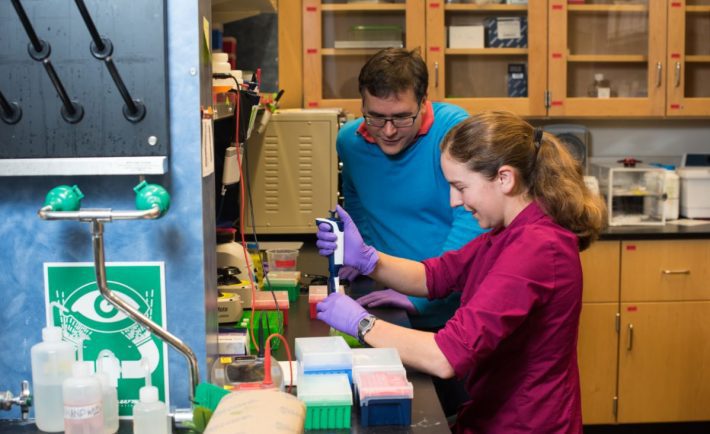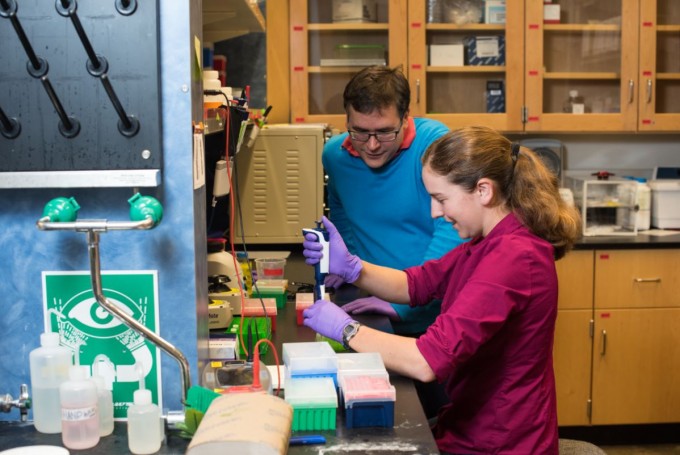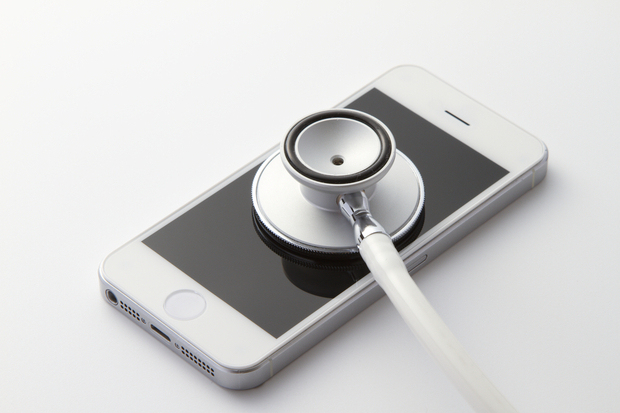
Technological advancements in healthcare are increasingly user-friendly, cost-effective, and more accessible. Innovators are shaping the industry, including with life-saving devices. The following outlines tech that is improving healthcare, which is great for patients and healthcare workers. Gadgets, software, and achievements streamline healthcare services, which saves time, revenue and, most importantly, lives. If you’re interested in contributing to the technical advancement of science, a foundation such as a chemistry or biology degree from a reputable school would be a good start.
Biorepository and Biobanking Improvements

Biotech breakthrough: Sunlight can be used to produce chemicals and energy
Have you ever wondered where your blood samples go? You’re told your samples need to go to a lab for testing, but it’s rarely on-site. Samples must be transported and mishandling may result in false diagnosis, inconclusive results, or missed information. Luckily, advancements in technology has made it possible for biological materials to be transported to and from a biorepository in a safe manner.
Advanced biorepositories feature advanced production, delivery, and packaging. This includes the use of aerosol tech, microencapsulation, nanotechnology, and cryogenic freezing. The future of Biobanking, which is essentially collecting and researching bodily fluids, promises to be safer and more effective due to these technological advancements. Moreover, transporting and storing these materials promises to be more “sustainable and ethically compliant,” according to ResearchMoz.
Data Storage and DNA

Microsoft and University of Washington researchers set record for DNA storage
Here’s a piece of technology that promises to fascinate. Data storage used to be stored in one of two ways: either on the cloud or on a physical drive. European researchers have developed a third option: storing information in genetic material…on DNA.
Although it’s expensive and not widely used (yet), it is possible to store information in DNA molecules. The future promises hybrid storage systems that will help the biotech industry immensely. Amazingly, these systems will not decompose and they have the potential to hold information for centuries.
Mobile Technology and Telehealth

Remote Patient Monitoring Lets Doctors Spot Trouble Early
Mobile technology has especially influenced the industry, including advancing tele-health. Medline Plus is a government website which grants users access to a full medical encyclopedia from the palm of their hand. AliveCor ECG is a potentially life-saving technology. It’s an iPhone case that turns the phone into a wireless cardiac event recorder, which doctors can use to diagnose heart problems. There’s even modern advances in hearing, including a hearing aid that sees as well as hears. It’s intended to be used in loud environments, and detects lip reading and repeats that information to the wearer.
mHealth, which stands for mobile health, “is freeing up healthcare devices of wires and cords and enabling physicians and patients alike to check on healthcare processes on-the-go.” Smartphones and tablets allow everyone to send and receive information, so anyone can access healthcare information.
Telehealth, which is recorded and televised healthcare, allows patients to have video chat conversations with physicians. It’s also a great way to broadcast information to patients currently admitted to a hospital. According to Beckers Hospital Review, “Studies consistently show the benefit of telehealth, especially in rural settings that do not have access to the same resources metropolitan areas have. A large-scale study published in CHEST journal shows patients in an intensive care unit equipped with telehealth services were discharged from the ICU 20 percent more quickly and saw a 26 percent lower mortality rate than patients in a regular ICU.”
From Idea to Product or Service

Big data and the future of healthcare
Healthcare is improved by technological advancements. The future of healthcare actually depends on innovators, so anyone with an idea for a product or service is encouraged to develop that idea and bring it to market. Basically, an innovator needs to perform market research, patent research, and then develop a prototype. If an idea is something that can help the healthcare community, it’s a worthwhile endeavor.




